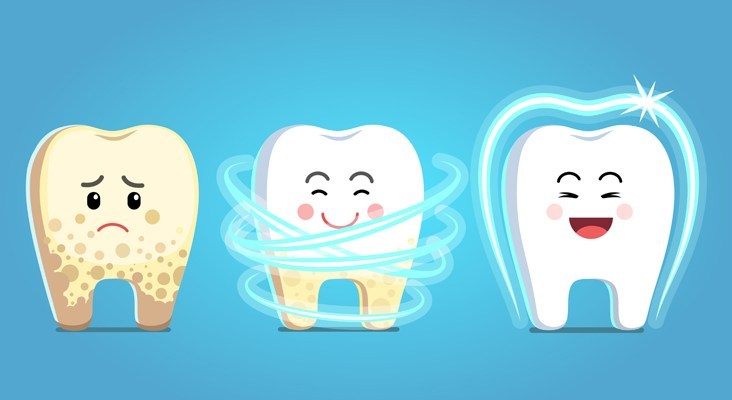Dental Hygiene
DENTAL HYGIENE
WHAT IS DENTAL HYGIENE?
Clean and healthy teeth are important for our well-being. Dental hygiene is the process in which preventive dental habits and practices are provided with the objective to maintain or improve the health of teeth and gums.
The most significant part of dental hygiene is the regimen you do at home, but also periodontists, hygienists, family dentists and cosmetic dentists play an important role because they provide professional preventive dental care.
In modern society it is entirely possible for people to keep their own teeth throughout their lives.
WHY IS DENTAL HYGIENE IMPORTANT?
Oral health is essential for general health and quality of life.
Good oral health and dental hygiene can prevent tooth decay, gum disease and bad breath among others.
Together, you and dental professionals can prevent many dental problems from causing a diminished quality of life and potential medical complications. An unhealthy mouth, especially when you have gum disease, may increase the risk of serious health conditions like; diabetes, heart attack, pre-term birth, etc.

HOW CAN I IMPROVE MY DENTAL HYGIENE?
A key factor for good dental hygiene is regular visits to your dental professional. Your dentist can perform a deep examination and give advice on good oral hygiene methods. The dentist can also collect and test your saliva in order to detect certain substances present in saliva and know what is going on in your oral cavity.
Handicapped or elderly patients require additional help from healthcare professionals.
In order to maintain a good dental hygiene, you must follow the following:
- Eat healthy: Avoid sugary snacks; bacteria in the oral cavity transform sugar into acids.
- Quit smocking
- Brush your teeth at least twice a day: It is important to allow 2-3 minutes for brushing. You can use a fluoride toothpaste.
- Floss: Between each tooth at least once a day. If the gums bleed, this is a sign of inflammation, indicating that better dental hygiene is required.
- Interdental brushes: Can be used to clean larger gaps between teeth and gums. They are also indicated to clean around bridges and dental implants.
- Mouthwash: Use three times a day after each meal, ingredients of antimicrobial agents vary but can include; chlorhexidine 0.05%, chlorine dioxide, and zinc chloride.
- Tongue scrapers: As an aid to remove food remains in the back of the tongue.
- Prostheses or braces: If you have any dental appliances it is necessary to follow your dental professional instructions for cleaning these devices.
- Changing toothbrush every 2 to 3 months.
- Occlusal splint: Protect your teeth using an occlusal splint (mouth guard) during exercise or athletic games.
- Sealants: Application of sealants in deep grooves of molar and premolars
- Fluoride: Fluoride helps prevent dental decay. It is the most important ingredient of toothpaste. If there is sufficient fluoride present in the mouth, it can contribute to strengthen dental tissue, and reverse early stage of dental decay.
- Regular dental checkups
WHAT ARE THE COMPLICATIONS IF I DON’T HAVE AN ADEQUATE DENTAL HYGIENE?
Poor oral hygiene can have an unfavorable effect on the overall health and quality of life of an individual.
After eating sugary snacks the mouth contains bacteria that can affect teeth and gums. These bacteria attach themselves to the teeth’s enamel surface and form plaque (a biofilm or mass composed mainly of bacteria that grows on surfaces within the oral cavity).
Plaque must be removed regularly, in order to prevent complications;
- Gum disease
- Tooth decay
- Infections
- Increases the risk of systemic conditions including; strokes, diabetes complications, respiratory problems, pregnancy problems.
WHEN TO VISIT YOUR DENTIST?
Regular visits to the dentist, at least twice a year are necessary. Your dentist can detect or prevent any problem in the oral cavity on time.
